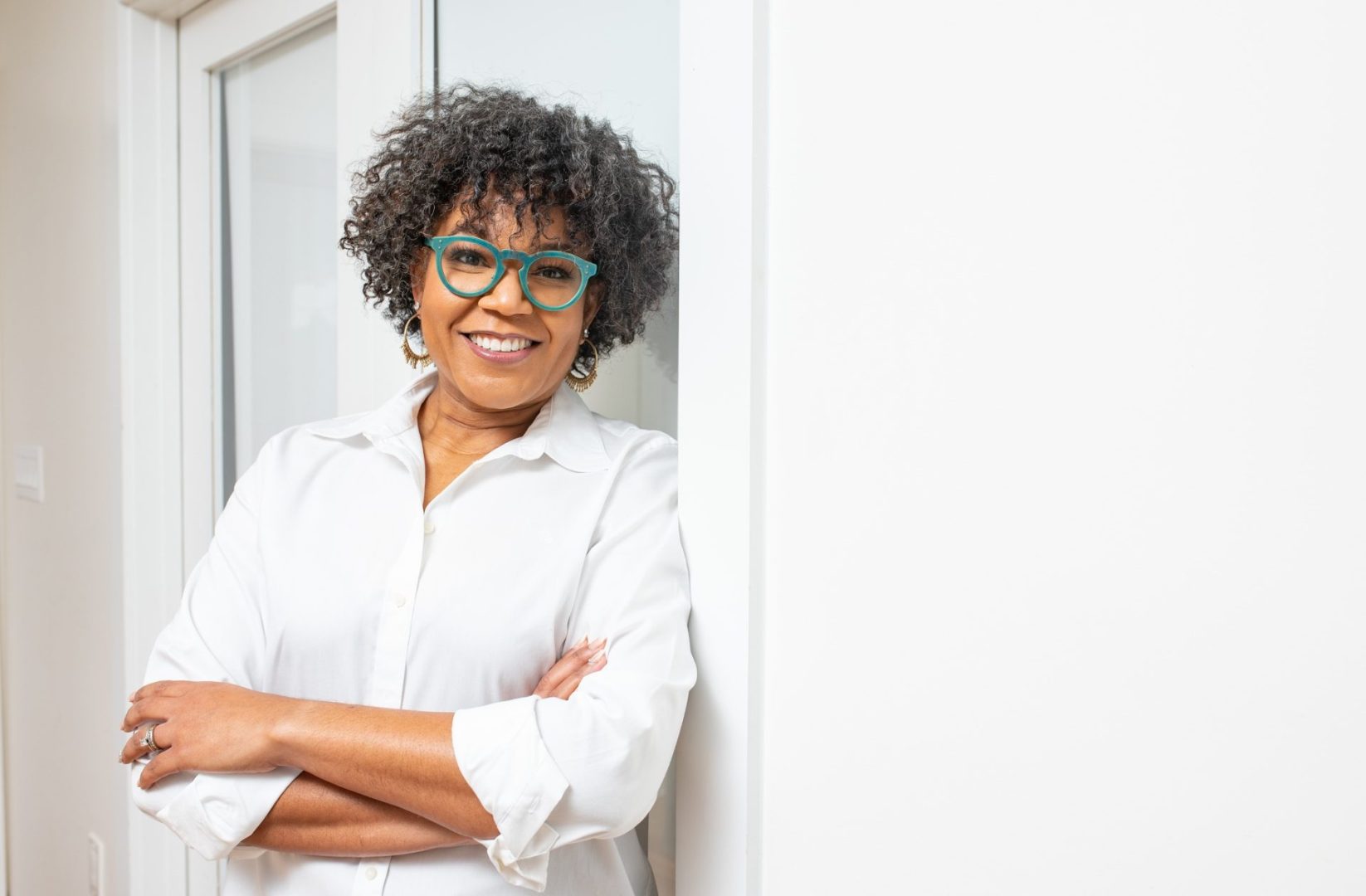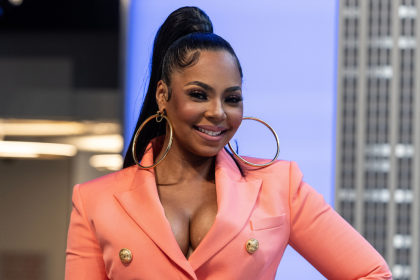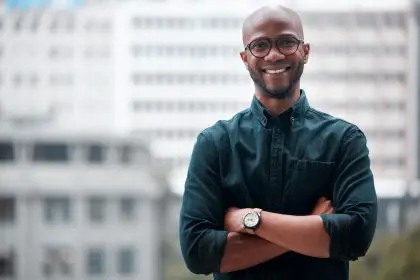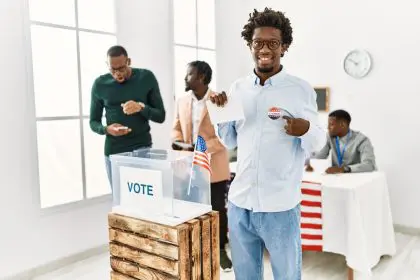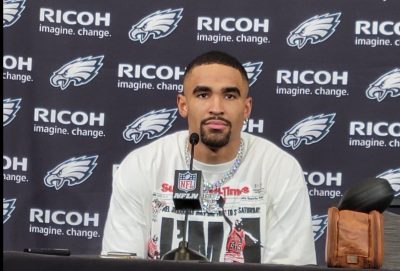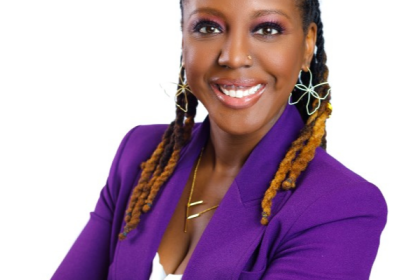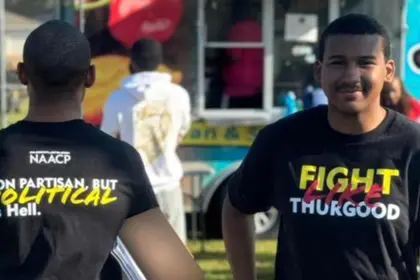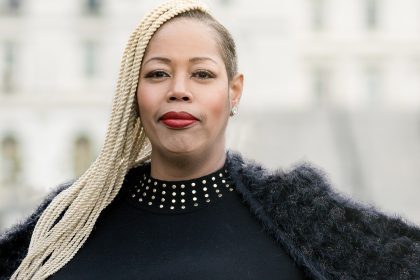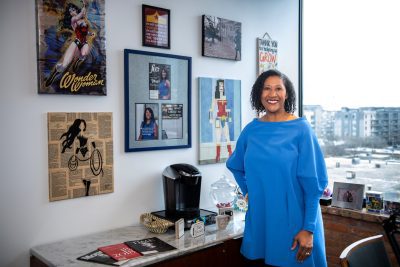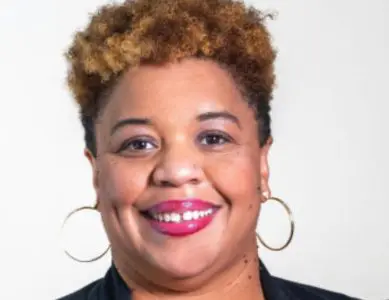Kendra Davenport-Cotton is a seasoned professional with more than 20 years of experience building and cultivating relationships in order to advance a favorable public image and positive strategic agenda for the individuals and organizations that she serves. Kendra is currently the chief executive officer for New Georgia Project, Inc.
Kendra was the founding executive director of Rep GA Institute, Inc., Georgia’s statewide c3, nonpartisan leadership training HUB, as well as its c4 arm Represent Georgia Action Network. Prior to this role, she was a campaign manager for the successful Georgia Association of Educators’ Vote “NO” on Amendment 1 statewide ballot initiative during the November 2016 election cycle. Once a 16-year resident of North Carolina, Kendra was the policy director for the NC State Treasurer’s office where she held primary responsibility for leading the office’s education policy agenda. Before joining the Treasurer’s Office, Kendra completed a five-year tenure at UNC-Chapel Hill, serving first as the associate director of the Center for the Study of the American South and ending as the Project Director for the university’s Community-Campus Partnership initiative.
A staunch public-school advocate, Kendra is a proud Ph.D. dropout, holding ABD status at UNC-Chapel Hill, which means she’s done everything required to get her doctorate except her dissertation. She is a Diamond Life Member of Delta Sigma Theta Sorority, Inc. and resides in Smyrna, Ga., with her family.
What are your responsibilities and why did you select your career?
As CEO of New Georgia Project and New Georgia Project Action Fund, I’m responsible for managing two multi-million dollar nonprofit organizations working towards a better, more just, and progressive Georgia that works for everyone, not just a small few. I pride myself on ensuring a strong back-of-house infrastructure so our front-facing programs can shine and have the most impact possible. That means strong financial controls, operations procedures, fundraising efforts, and more so that when my staff sets a goal of registering 50,000 Georgians to vote and knocking on 3 million doors to get voters to the polls, they can achieve them with confidence.
I have always been a public servant, and my professional career has been shaped by a desire to give back and improve the world around me, especially for Black folks and Black women in particular. I took this job because I know what’s possible in the South. We aren’t a backwards, conservative, unable-to-progress region; we possess power and the opportunity for a greater, more progressive future—we just have to harness and leverage it. That’s what we are doing at New Georgia Project and New Georgia Project Action Fund, and I am so proud to be a part of that work.
As a Black woman, what do you consider your superpower(s) to be?
My superpowers are no-nonsense truth-telling and pragmatism. My staff will often hear me say “I do not traffic in rumor and innuendo.” I want to know the facts, and I will tell it like it is based on those facts to anyone anywhere, whether it’s politicians, cable news talking heads, or my own kids. I will tell the truth about the challenges Black women have always had to overcome in this country, and won’t be shy or casual about it. And if I disagree with you, you won’t have to guess; you’ll know. Black women have had to hide our feelings, demure, make ourselves small, and put our needs aside for too long. I’m proud of my opinions and proud to be unafraid of sharing them.
Pragmatic, yet impactful
I’m also a pragmatist, because, as a Black woman, I know what it’s like to watch change happen slowly, while still having an impact. The organizations I lead are working towards monumental shifts in society so that historically left out and underestimated communities in Georgia can have a seat at the table and systems that work for us. But, I also know that achieving that will be an accumulation of smaller wins, and, often, setbacks, along the way, and that the Georgia we are seeking to build will take time. My pragmatic approach to change-making allows me to set realistic goals, celebrate the smaller victories, and always evaluate and refine my strategies along the way.
What key skills or qualities make you unique as an African American female?
I have always prioritized equity and fairness. I’m a natural advocate. I care about people and their well-being, especially those close to me. When we were young, my brother suffered a traumatic brain injury and seeing the level of care he needed moved me to quit my job in the corporate world and go into the public sector, where I’ve been ever since. Thankfully, we had health insurance, but I caught a glimpse of what not having something as basic as health insurance would have done for him and my family. I’ve been fighting for equity and fairness both in my personal and professional life ever since.
I also try to show a lot of grace to folks. I try to figure out what’s prompting people to behave in the manner in which they are behaving, to understand where they are coming from, and meet them there. That being said, my natural disposition is to match people’s energy, so if they go low, I’m not afraid to go to hell. I know Michelle Obama told us to go high, but I do think there’s something useful in calling people out on their unjust behavior to stick up for the underdog and fight for what’s right.
Why is it important for women of color to work in leadership roles and decision-making capacities?
Representation matters, plain and simple. We need people who look like us in leadership positions to show us that leading is possible. I was born in Arkansas, which still holds my roots, but I always felt like I was too big for just Arkansas. Knowing that there were Black women who had left the state to forge their own path or Black women across the South who had pushed through whatever obstacles stood in their way to find and own their purpose gave me both the examples and guidance I needed to do the same.
We also need women of color in leadership and decision-making roles because we have a unique lived experience that shapes our world view. We know what facing systemic racial and gender barriers is like, and we know what’s needed to overcome them. That specialized knowledge serves us—and everyone else—whether that’s in the streets doing movement work or in the boardroom of a Fortune 500 company.
Why is it important for more experienced Black women to reach back and help younger women of color?
I am a firm believer in the age old adage: “To whom much is given, much is required.” Experience is a commodity that should not be hoarded. It should be shared so that mistakes can be avoided, actions perfected, and outcomes optimized. Experienced Black women owe it to those coming behind them to openly, honestly and authentically mentor younger women of color so that we are able to continue to build upon the successes we have garnered as a collective. We are only as strong as the sum of our parts.

